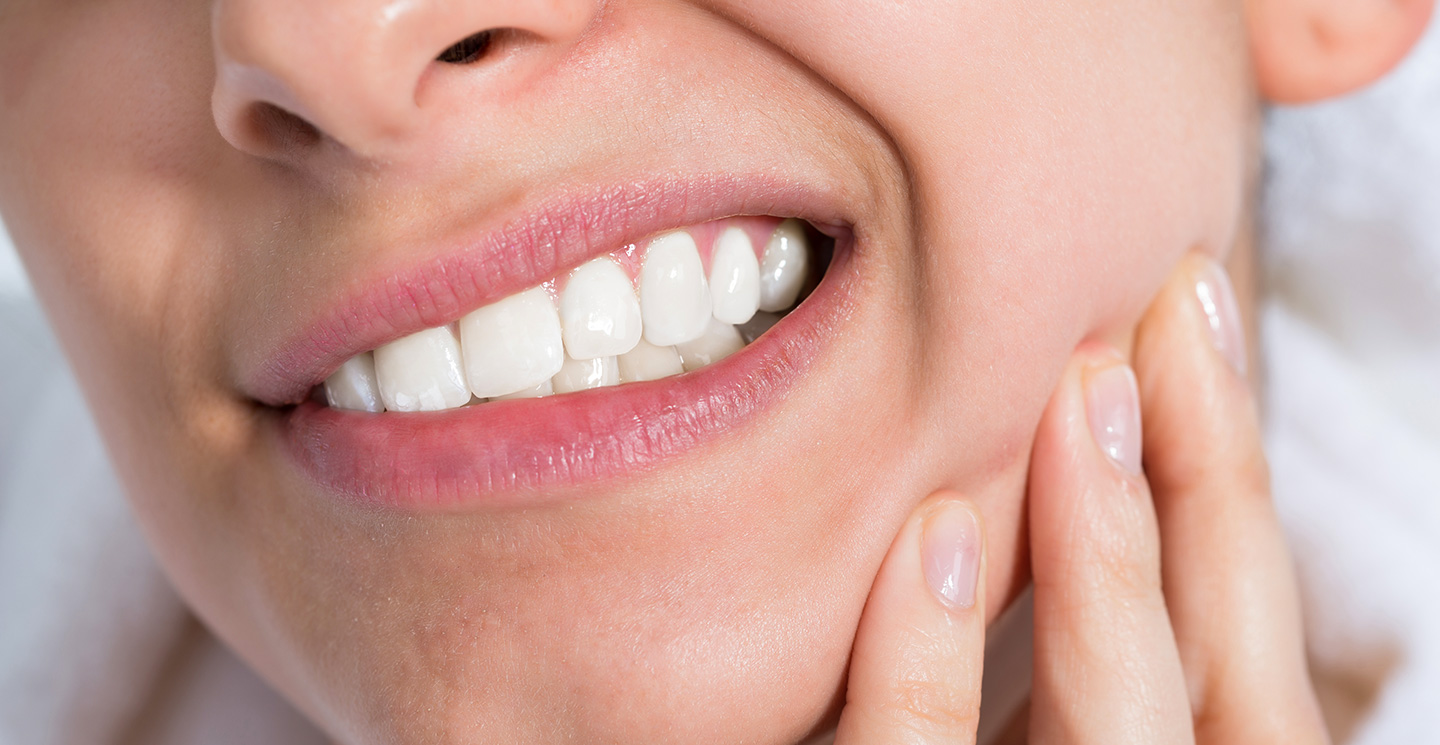Temporomandibular joint disorder, commonly known as TMJ disorder or TMD, is a condition that affects the jaw joint and muscles that control jaw movement. It can lead to a range of symptoms, from mild discomfort to severe pain and functional limitations.
Our dentist in Forest Lake is here to help you obtain and maintain optimal oral health and overall well-being. Please give our local dental clinic a call today to learn more.
Exploring TMJ Disorder
What is It?
TMJ disorder affects the lower jaw joint, leading to pain, sensitivity, and other discomfort. Continual stress and teeth grinding are just two reasons amongst many as to why this issue can occur.
Treatments range from lifestyle changes and stress management to dental interventions. Each case is different, so what works for one patient may not be completely effective for another.
Early recognition is crucial for effective solutions. This guide simplifies understanding, empowering you to identify, manage, and seek relief for TMJ-related concerns, ensuring a more comfortable and pain-free life.
What are the Symptoms?
If you’re experiencing any of the following symptoms, it is important to reach out to your dentist and discuss undergoing TMJ treatment near you to prevent any of these problems from becoming more severe
- Jaw Pain and Tenderness – Individuals with TMJ disorder often experience pain or tenderness in the jaw joint area, particularly near the ear. This discomfort can be aggravated while biting and chewing or talking
- Difficulty in Jaw Movement – Limited jaw movement or difficulty opening and closing the mouth is a common symptom. This can lead to challenges in activities like eating and yawning.
- Clicking or Popping Sounds – A clicking, popping, or grating sound during jaw movement is another characteristic sign of TMJ Disorder. This auditory element is often noticeable when opening or closing the mouth
- Facial Pain and Headaches – TMJ-related pain can extend to the face, causing headaches and discomfort in the temples or around the eyes. Chronic headaches may become a recurring issue.
- Ear Symptoms – Some individuals with TMJ disorder report ear-related symptoms, such as ringing in the ears (tinnitus) or a feeling of fullness.
What Can Cause It?
- Bruxism (Teeth Grinding) – Persistent tooth grinding or clenching can contribute to TMJ Disorder. Excessive force on the jaw joint and surrounding muscles can lead to inflammation and pain.
- Jaw Misalignment – An abnormal bite or misalignment of the jaw can stress the TMJ, leading to the development of this disorder.
- Arthritis – Inflammatory joint conditions like arthritis can affect the TMJ, resulting in pain and restricted movement.
- Stress and Anxiety – Emotional stress and anxiety can lead to clenching of the jaw muscles, exacerbating the risk of TMJ disorder.
Effective Treatments for TMJ Disorder
Explore diverse treatments for TMDs, ranging from lifestyle adjustments to dental interventions. A skilled dentist near Forest Lake ensures personalized care for optimal jaw health.
1. Lifestyle Modifications
- Dietary Adjustments – Soft-food diets and avoiding excessively chewy or hard foods can help reduce strain on the jaw.
- Stress Management: – Techniques such as meditation, yoga, and stress-reducing exercises can alleviate jaw tension.
2. Physical Therapy
- Jaw Exercises – Specific exercises prescribed by a physical therapist can improve jaw mobility and strengthen supporting muscles.
- Heat and Cold Therapy – Applying heat or cold packs to the affected area can relieve pain and inflammation.
3. Dental Treatments
- Orthodontic Intervention – Correcting misalignments or bite issues through orthodontic treatment can alleviate TMJ symptoms.
- Night Guards – Custom-made night guards can prevent teeth from grinding and reduce the impact on the jaw joint during sleep.
4. Medications
- Pain Relievers – Over-the-counter or prescription pain medications can help manage the pain associated with TMJ disorder.
- Muscle Relaxants – In some cases, muscle relaxants may be prescribed to ease tension in the jaw muscles.
5. Invasive Treatments
- Injections – Injections of corticosteroids directly into the jaw joint can relieve inflammation and pain.
- Surgery – In severe cases, surgical interventions may be considered to repair or replace the temporomandibular joint.
At Forest Lake Dental, We are Committed to Providing Exceptional Care
The team here at our local dental clinic is committed to providing nothing less than excellent oral care. Each time you come to visit us, you’ll be immersed in a serene and welcoming environment. We provide state-of-the-art treatments that are personalized to meet your unique requirements. Trust our team of dedicated dentists near you for comprehensive dental care.
Your health and the creation of beautiful smiles are our foremost priorities, ensuring that every encounter leaves you with a positive and fulfilling impression. Forest Lake Dental is your trusted partner in achieving optimal oral well-being. Please contact us today!

